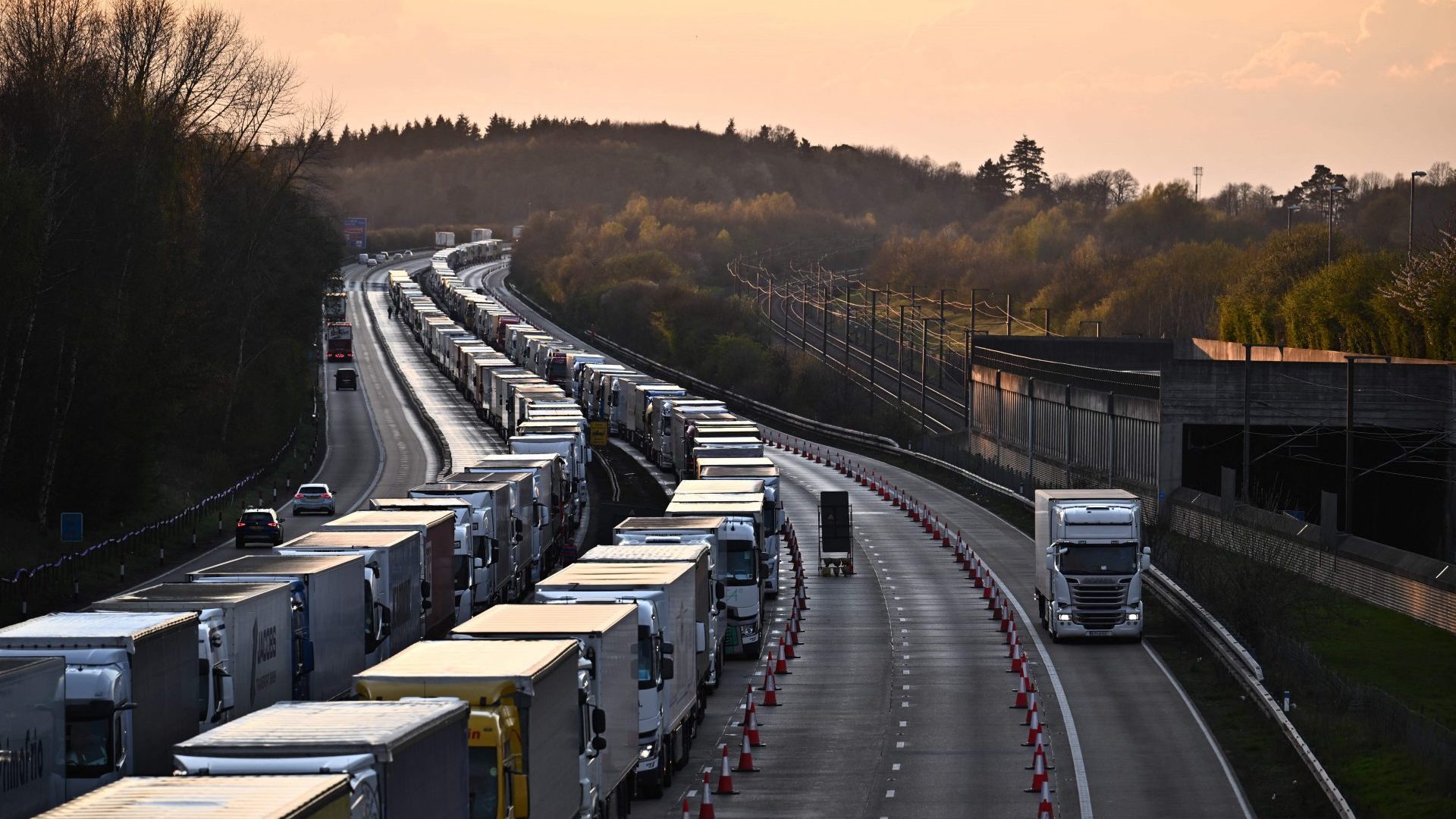Best for Britain is an openly anti-Brexit think tank and very welcome it is too. However, there is always a potential problem with think tanks wearing their hearts on their sleeves: does it affect the quality of their thinking?
The basis of the latest report from Best for Britain is sensible enough: improving the regulatory alignment between the EU and the UK on goods and services would boost growth both here and on the Continent, and help to protect us from Trump’s tariffs. This is self-evident. The Brexit fantasy of the UK breaking free and setting its own standards to boost growth was always a sad dream that made no economic sense.
It was unfortunately Theresa May’s red lines that caused all the damage, (no membership of the Single Market or the Customs Union and no freedom of movement) and this is where the report from Best for Britain begins, to my mind, to show too much wishful thinking.
First, its claim that “deep alignment” with the EU would boost growth by up to 2.2% seems very optimistic. That reverses half the cost of Brexit in one fell swoop when issues like access to EU funds, loss of investment, end of freedom of movement, and so forth are also vast.
But far more worryingly, this report claims that the UK can achieve that deep alignment while remaining outside the EU’s Single Market and, therefore, not crossing one of those infamous Red Lines. This seems doubtful, at best.
At the moment there are three ways of aligning with the EU. The UK could unilaterally shadow all EU rules and laws, hoping the EU accepts them as equivalent. That’s a big risk with a lot riding on it.
You could copy the Swiss approach, which is to negotiate every new law and rule separately. The issue, however, is that the system is so appallingly cumbersome, messy and unpopular the EU is very unlikely to agree to ever do it again, and is trying to get the Swiss to change to a more workable model.
Finally, you could do what Norway does and replicate all EU rules and regulations into domestic law. But then Norway is in the Single Market and pays into EU funds, but has virtually no say and certainly no vote on any of the laws it has to introduce.
Best for Britain seems to be assuming we can be like Norway but without joining the Single Market and it’s unlikely that this is on the cards. The basic fact is that these red lines are the stumbling blocks. They were never mentioned during the referendum and were a significant obstacle to a decent Brexit deal and yet they’re still here, preventing any real sensible solutions.
Best for Britain can point out the best way to reverse the hammer blows that Brexit has dealt to the British economy – but politics trumps economics. Ignoring that fact is not helping the debate at all.











